Nowadays, 23% of the world population lives in multi-million cities. In these metropolises, criminal activity is much higher and violent than in either small cities or rural areas. Thus, understanding what factors influence urban crime in big cities is a pressing need. Mainstream studies analyse crime records through historical panel data or analysis of historical patterns combined with ecological factor and exploratory mapping. More recently, machine learning methods have provided informed crime prediction over time. However, previous studies have focused on a single city at a time, considering only a limited number of factors (such as socio-economical characteristics) and often at large spatial units. Hence, our understanding of the factors influencing crime across cultures and cities is very limited. Here we propose a Bayesian model to explore how crime is related not only to socio-economic factors but also to the built environmental (e.g. land use) and mobility characteristics of neighbourhoods. To that end, we integrate multiple open data sources with mobile phone traces and compare how the different factors correlate with crime in diverse cities, namely Boston, Bogotá, Los Angeles and Chicago. We find that the combined use of socio-economic conditions, mobility information and physical characteristics of the neighbourhood effectively explain the emergence of crime, and improve the performance of the traditional approaches. However, we show that the socio-ecological factors of neighbourhoods relate to crime very differently from one city to another. Thus there is clearly no “one fits all” model.
- Project Reports & Research Papers
Socio-economic, built environment, and mobility conditions associated with crime: A study of multiple cities
- English
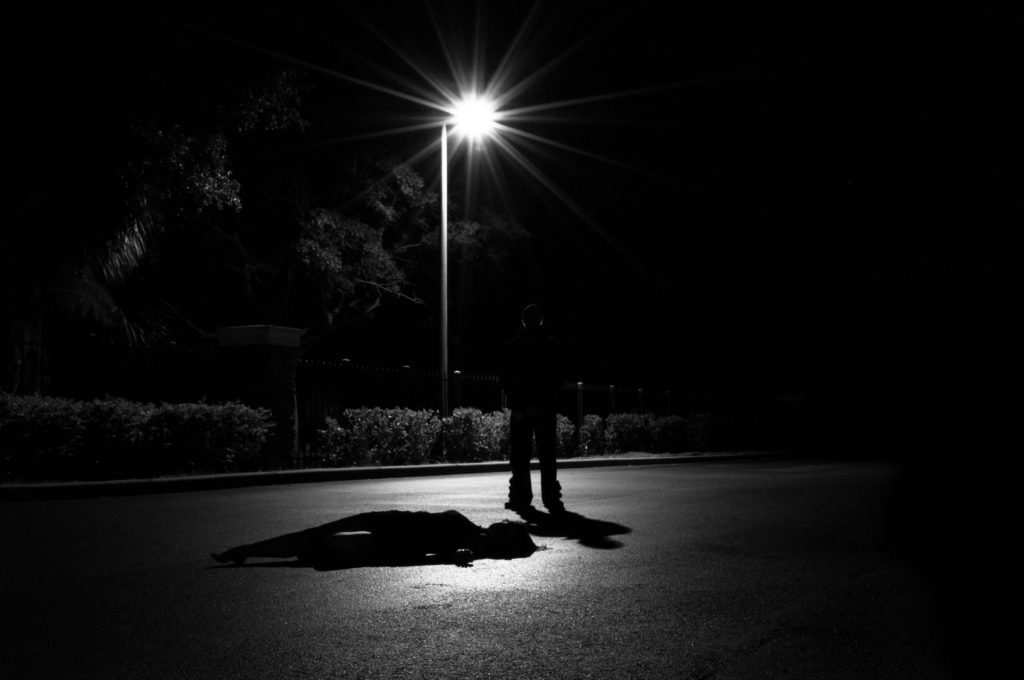

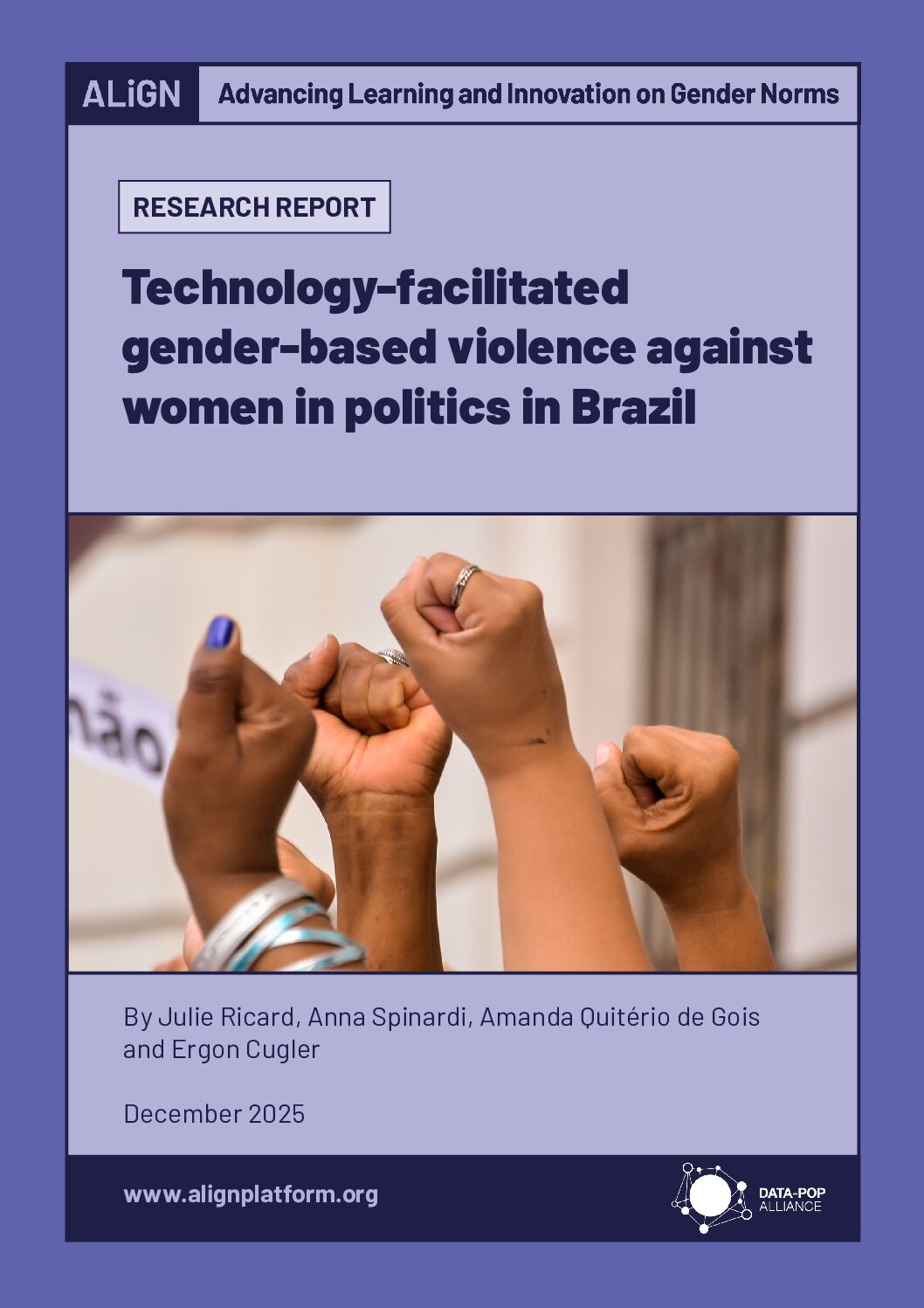
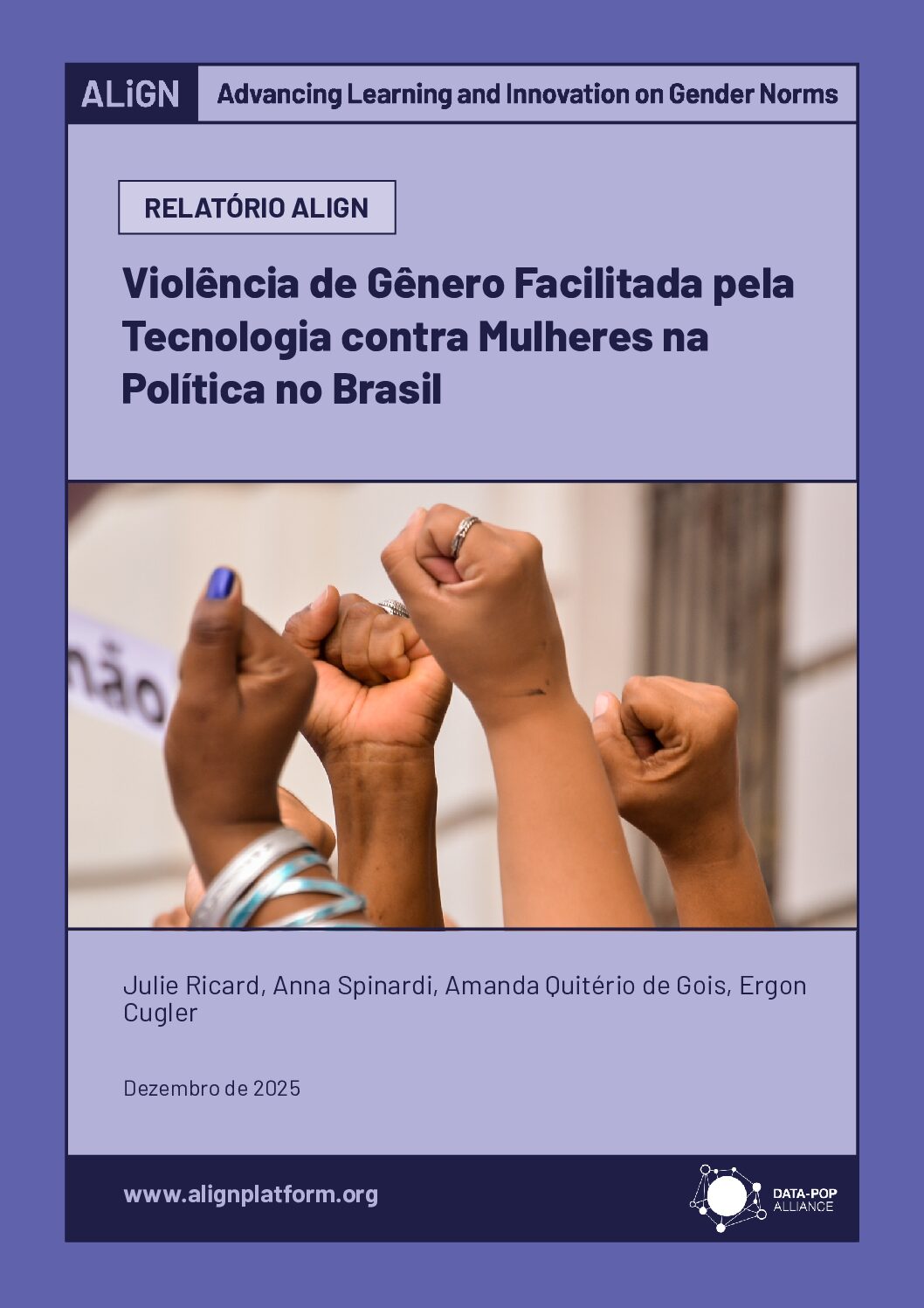
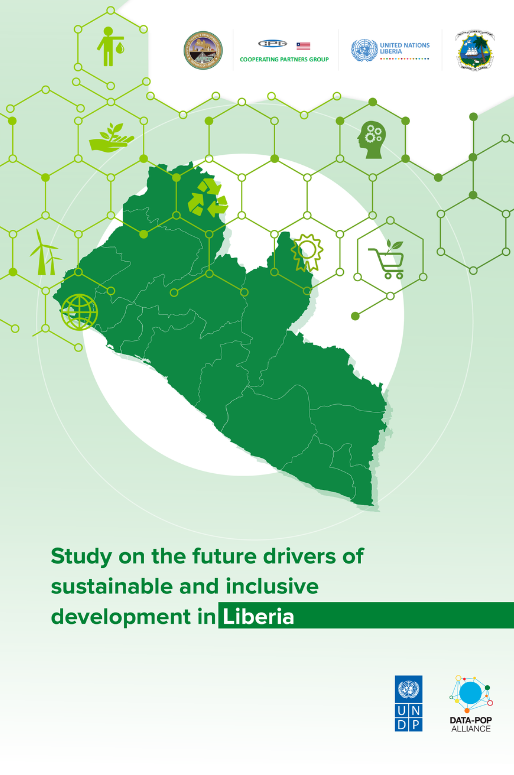

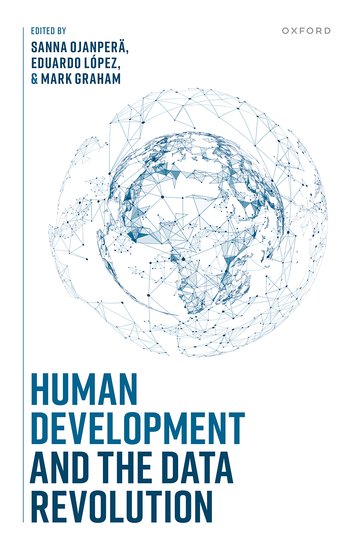
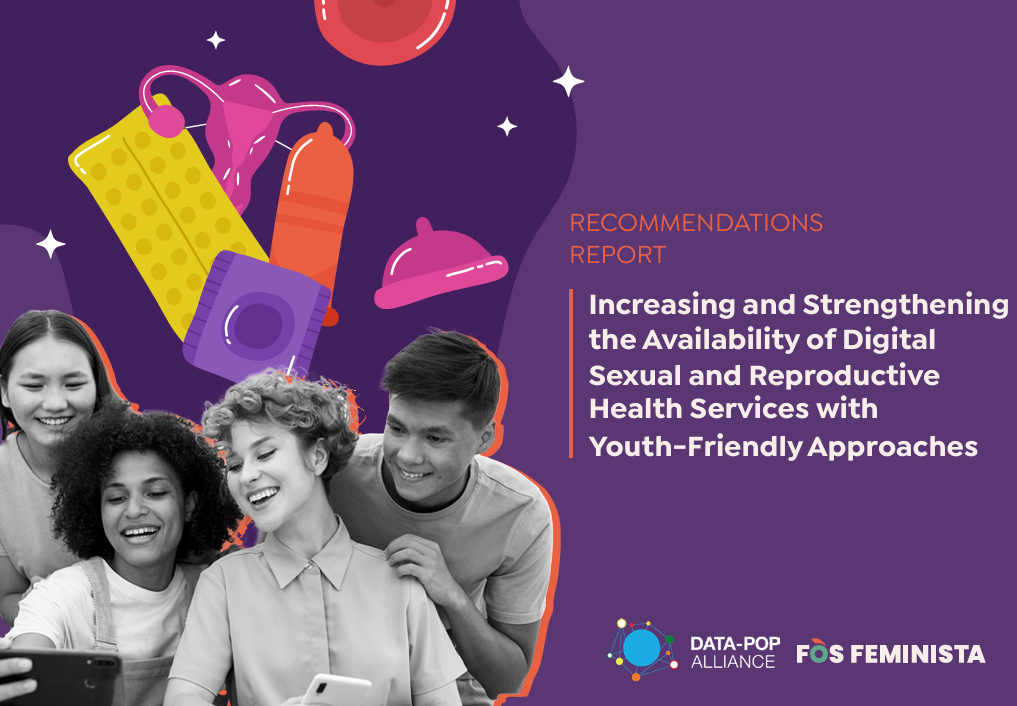
![[P124] cover Bangladesh_Report](https://datapopalliance.org/wp-content/uploads/2025/04/P124-cover-Bangladesh_Report.png)

![[WEB] Feature Blog Post](https://datapopalliance.org/wp-content/uploads/2025/02/WEB-Feature-Blog-Post-.png)
